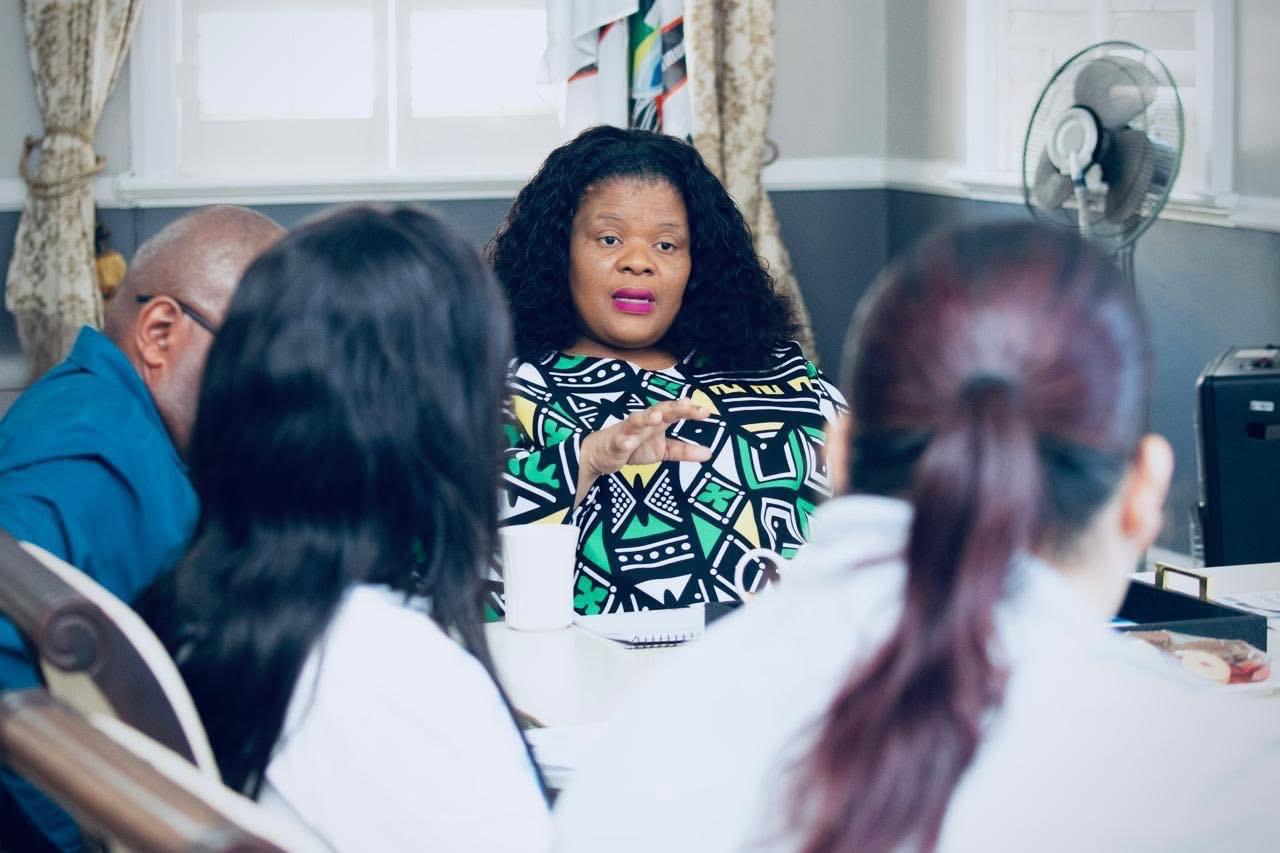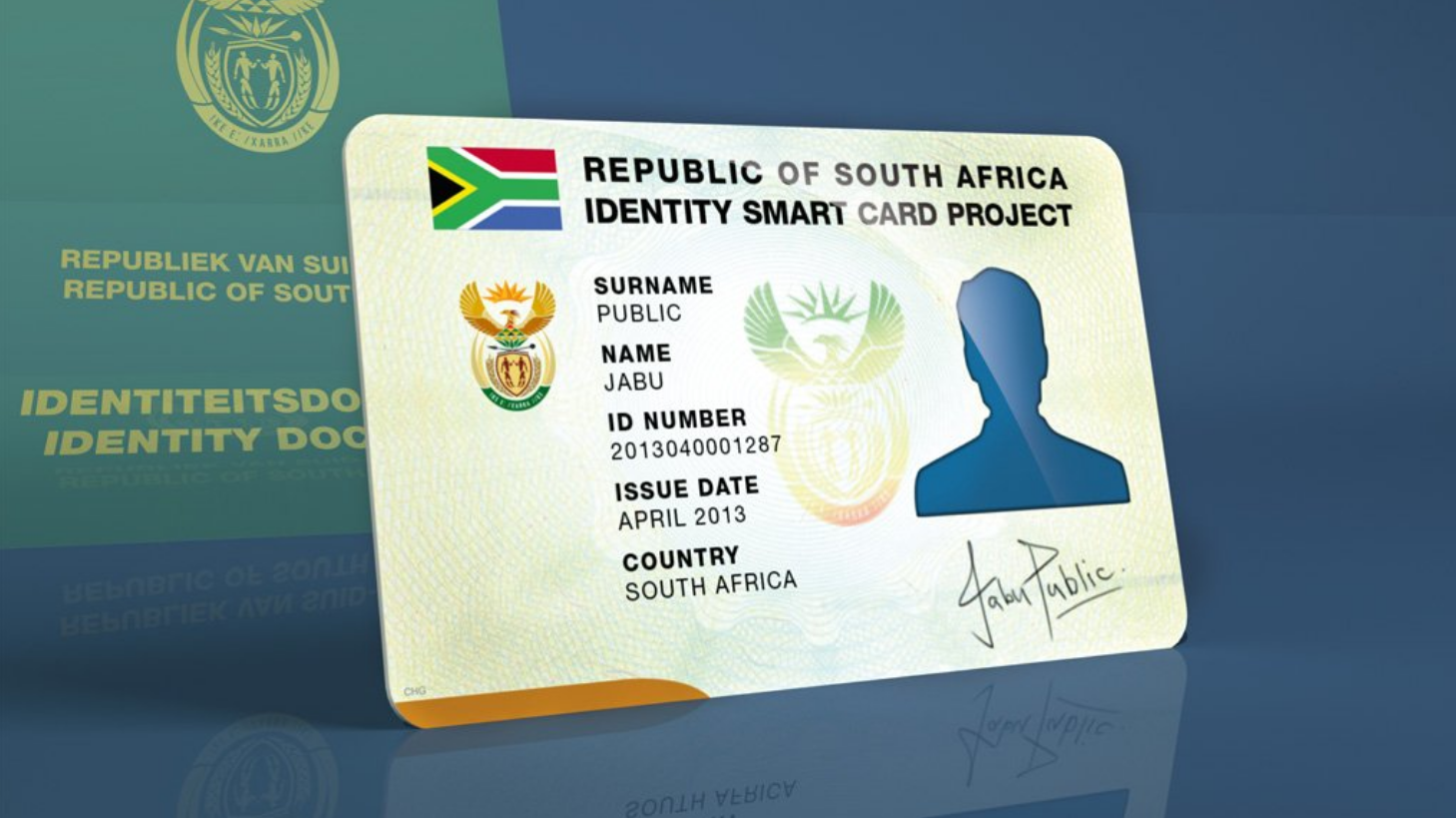IS TRUMPISM FLEXING IT’S MUSCLES AGAINST BRICS?

By Thulane Madalane and Dipitsi Pitlo
Pretoria – Microsoft South Africa made its entry into the South African market in 1992, establishing relationships with several Broad-Based Black Economic Empowerment (BBBEE) partners, including both established companies and those involved in its Emerging Partner Programme. Notable partners include Chillisoft, a Pietermaritzburg-based company specializing in public health software solutions; Maxxor, a Cape Town-based provider of consumer applications for mobile phones; BUI, a Johannesburg-based security solutions provider; Home Grown Business Integrations, a Durban-based firm developing cloud-based software for government service delivery; and Mint Group, a Microsoft Gold IT consultancy and systems integrator.
On Friday, the Department of Communications and Digital Technologies gazetted a proposed policy direction to the Independent Communications Authority of South Africa (ICASA), clarifying the department’s stance on broad-based black economic empowerment (BBBEE), which includes the recognition of equity equivalent investment. On Tuesday, the Minister of Communications and Digital Technologies Solly Malatsi rejected claims that his department was facilitating the operation of Elon Musk’s Starlink in South Africa. “We are not attempting to open a new dispensation for Starlink or any other company or individual. We assert that the regulations in our sector must consistently make provisions for the two choices available in any other sector,” he stated.
The difference between equity equivalent investment and broad-based black economic empowerment is significant. Equity equivalent investments serve as an alternative method for companies, particularly multinationals, to meet their BBBEE obligations, which typically involve direct share ownership by black South Africans. The BBBEE policy, established under the Broad-Based Black Economic Empowerment Act (Act 53 of 2003), aims to foster a more equitable economy by promoting economic participation and business ownership among black South Africans. Other multinational corporations have adhered to this policy upon commencing operations in South Africa.
Last week, discussions in the Oval Office were reportedly centered around issues of white genocide and perceived racist laws against white South Africans. Amid these discussions, there seems to be a rush to accommodate Elon Musk’s Starlink, detracting from the need for substantial evidence to support allegations of white genocide within the South African government. Afri-Forum’s visit to Washington was driven by Mr. Musk’s desire to overlook South African policies designed to empower black citizens. Now, the question arises: who is truly exhibiting racism? Why is Starlink being treated differently from other players in the market?
Minister in the Presidency, Khumbudzo Ntshavheni, asserted that Starlink must not receive preferential treatment compared to other competitors. She pointed out, “If South Africa wants to introduce low orbit satellites into space, every other player will be permitted to participate, but they must operate within our country’s regulations. These rules require transformation clauses, as they currently stand. Any company entering this market must comply with our laws. I do not understand why there is a push for special treatment for Starlink while ignoring other potential players, such as the Chinese, who have superior technology that exceeds Starlink’s capabilities.”
ANC stalwart Joel Netshitenzhe expressed skepticism regarding the authenticity of Starlink’s intentions in South Africa. “Once Starlink establishes itself, ICASA will lose relevance, sidelined by a network that answers not to Pretoria but to Palo Alto and the Pentagon. Forget about the BBBEE requirements. Members of the Parliamentary committees can debate them amongst themselves,” he stated. He further contrasted this with the U.S. approach to foreign technology, noting that Huawei has been banned on national security grounds, and TikTok has faced legislative bans, sanctions, and forced divestments due to concerns about American sovereignty being compromised by Chinese infrastructure.
In essence, the arrival of Starlink in South Africa appears to be less about empowering South Africans and more about the United States asserting its position as a global superpower. This development raises concerns about the authenticity of claims surrounding white genocide and the implications of foreign technology dominating local markets.










